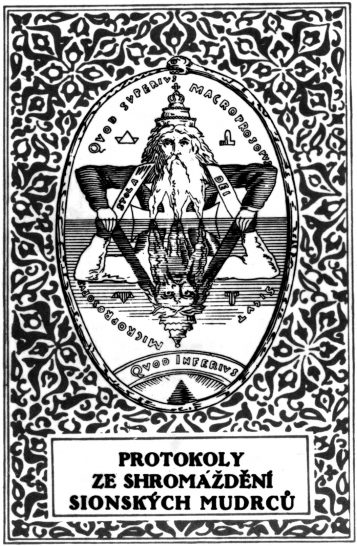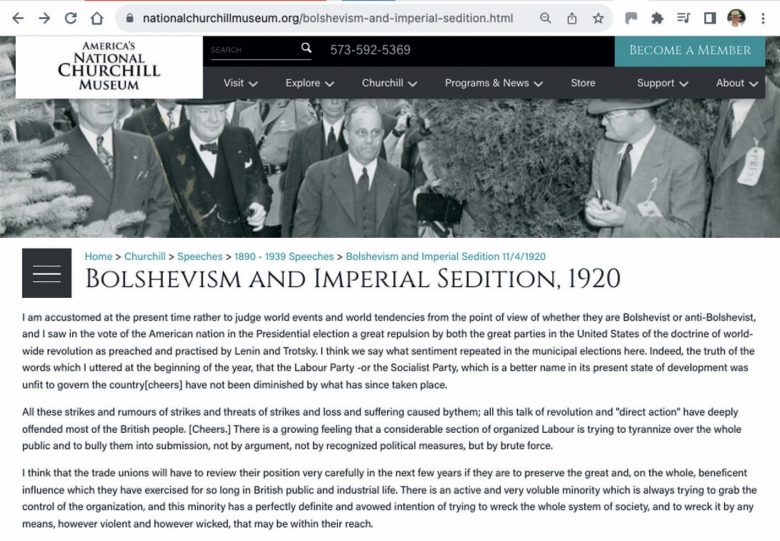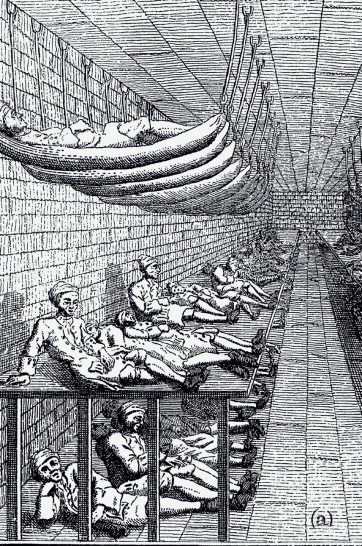Apolitical row has been simmering since 2016 over the number of refugees from the conflict in Syria who should be allowed into Britain. The ‘Dubs Amendment’, accepted by the British government in April 2016, proposed allowing 3,000 unaccompanied children from Syria into Britain, and the government received much criticism when it announced the closure of this scheme in February 2017 after only 350 of these child refugees had been accepted. The amendment had been proposed by Labour peer Lord Dubs, who himself came to Britain as a child refugee — one of 669 Jewish children from Czechoslovakia who found refuge from Nazi persecution in the UK via the Kindertransport programme in 1939.
So the issue of refugees is not new. In fact Britain’s honourable history as a haven for those fleeing from religious or political persecution in other countries goes back much further than the 1930s. The word ‘refugee’ entered the English language in the seventeenth century from the French word réfugié, meaning ‘gone in search of refuge’. For the first refugees to come to Britain were Huguenots, French Protestants fleeing from religious persecution in their own country.
Your organisation does not have access to this article.
Sign up today to give your students the edge they need to achieve their best grades with subject expertise
Subscribe




